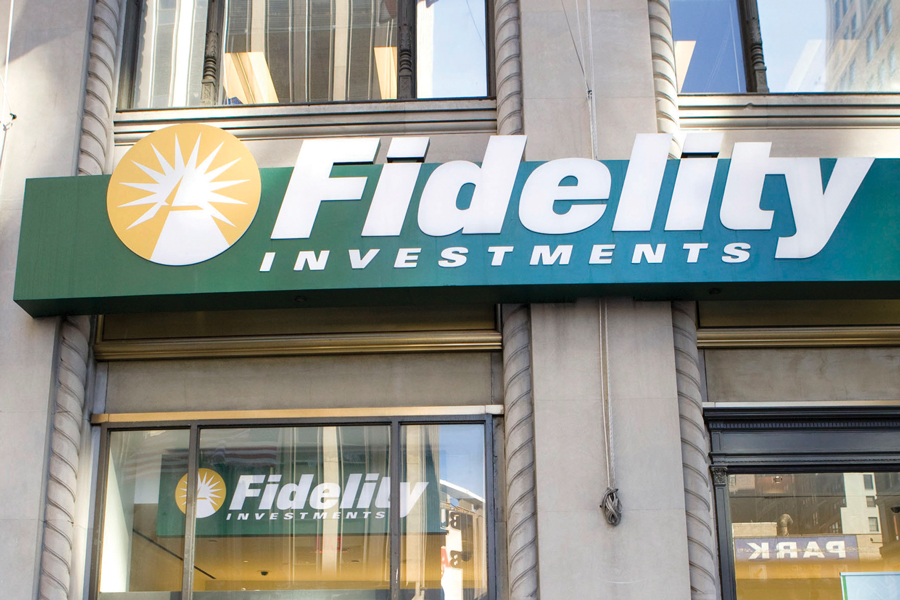Fidelity Investments is making 401(k) advisers' lives a little more complicated.
The Boston-based behemoth dropped some eye-popping news Wednesday: as of Friday, it will
begin offering two index mutual funds with a price tag of 0.00%. Yes, funds free of cost to investors — the industry's first.
The funds, in the total-market and international equity categories, will be available to retail investors. They won't be offered to participants in defined-contribution plans, at least initially. But let's not kid ourselves — it's only a matter of time before Fidelity or another index-fund giant, perhaps
BlackRock Inc. or Vanguard Group, brings a no-cost fund to 401(k) investors.
"It could be a fire-starter," said Philip Chao, principal and chief investment officer at Chao & Co.
It wouldn't be a surprise. No-cost funds represent the extreme of a
trend that's been playing out for years in retirement plans. The average asset-weighted expense ratio of index mutual funds has been dropping steadily in 401(k)s — they fell 0.07% (or 7 basis points), to 0.09%, just from 2009 to 2015, according to a report published this year by BrightScope Inc. and the Investment Company Institute.
The introduction of a zero-expense fund to retirement plans would be a marketing play, pure and simple, to attract advisers, plan sponsors and investors, and bring more assets to the firm.
Fidelity has lost ground in the DC-plan asset-manager rankings in the last several years. Going back to 2012, Fidelity was the No. 1 player, with $524 billion in DC assets under management, according to data from
InvestmentNews sister publication Pensions & Investments. That pot grew to $715 billion by the end of 2017, but Fidelity now lags behind both Vanguard and BlackRock, which managed $1.1 trillion and $855 billion, respectively.
(More: Fidelity charging new fee on Vanguard assets held in 401(k) plans)
A mediocre 401(k) adviser would likely embrace one of these zero-expense funds, whichever asset manager is providing them, without question. But a good one would realize that there's a hidden risk for participants.
Fidelity isn't running a charity for retail investors. Observers say the company will still make money via securities lending, which entails loaning securities out to borrowers for profit. Fidelity isn't the only asset manager to engage in the practice — almost all index providers engage in securities lending, Mr. Chao said.
Fidelity spokeswoman Nicole Abbott said the firm is not receiving any revenue from its zero-expense funds for securities lending. She also said Fidelity isn't currently receiving any portion of the income that is generated from securities lent out. But that doesn't mean other providers would act similarly.
The index versus active fund debate is a seemingly unending one in the 401(k) industry, given the focus on cost. But the industry rarely if ever discusses the characteristics of index funds beyond their cost and asset class. Does a fiduciary investment adviser owe clients a deeper examination of each index fund? Should they scrutinize the provider's securities-lending policies?
There are at least some advisers who think the answer is "yes."
"As I see it, sure," said Ellen Lander of Renaissance Benefit Advisors Group. "It's an evaluation of the fund."
Each company does securities lending a different way, and the practice comes with inherent risks, advisers said.
"I think it's a fiduciary responsibility to think about the risk, talk about the risk and assess whether the upside is worthy of the risk," Mr. Chao said.
If you subscribe to this philosophy, the responsibility has existed all along — no matter the cost of an index fund — if you think about it. But Fidelity is bringing the subject squarely into focus by virtue of its new funds.
And here's some more food for thought: Like interest rates in some countries, could fees potentially dip below zero sometime down the road?







